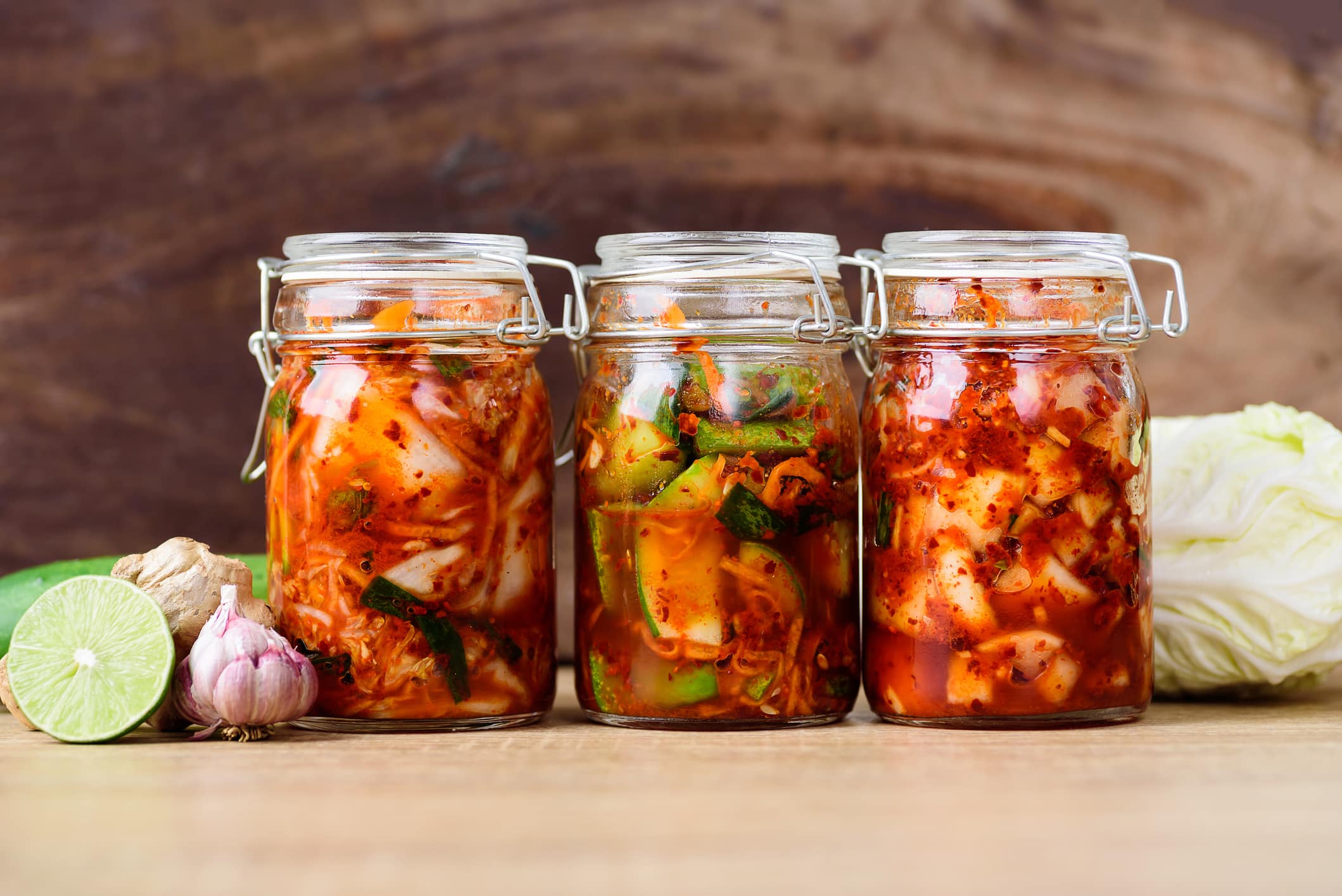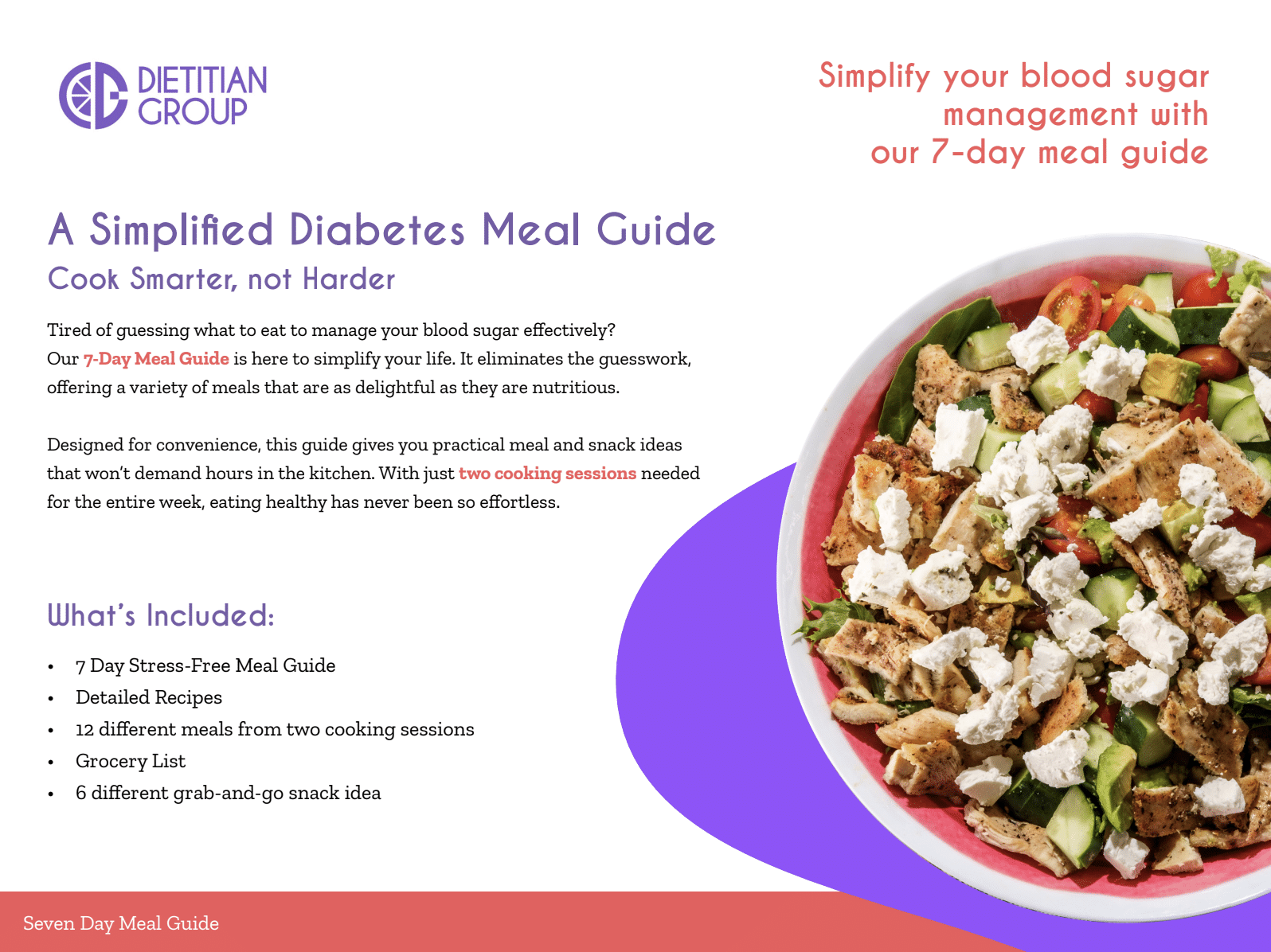Registered Dietitian for Autoimmune Disorders
Dietitian Group’s autoimmune nutrition approach eliminates the cycle of restrictive diets and symptom uncertainty. We provide targeted, personalized nutrition strategies that identify your unique inflammatory triggers, allowing you to manage symptoms while enjoying a diverse, satisfying diet. Our approach turns food from a source of fear into a powerful tool for wellness.
Autoimmune Dietitian Support
Navigating nutrition with an autoimmune condition can be overwhelming and can lead to feeling isolating and frustrated.
Managing an autoimmune condition shouldn’t mean sacrificing the joy of eating or living in constant fear of food-related symptoms.
Imagine a life where:
- You understand your body’s unique inflammatory responses
- Food becomes a source of healing, not anxiety
- You enjoy a diverse, satisfying diet
- Autoimmune symptoms feel manageable
- You regain confidence in your nutrition choices


Nutrition and Autoimmune Disease
An autoimmune diet plan like the Autoimmune Protocol (AIP) or Autoimmune Disease Diet focuses on eliminating inflammatory foods while emphasizing nutrient-dense whole foods that support overall health and healing.
Following the AIP diet may reduce symptoms of autoimmune disease. Following the AIP diet means avoiding foods that trigger inflammation in those with autoimmune conditions and focusing on nutrient-dense, anti-inflammatory foods like fruits, vegetables, nuts, and seeds. Additionally, it involves consuming more healthy fats, which can be beneficial for reducing inflammation.
AIP recipes focus on whole food ingredients like fresh produce and proteins from grass-fed meats or wild-caught fish. It also excludes processed foods, dairy products, grains, legumes, and alcohol – all of which can contribute to inflammation in people with certain autoimmune conditions. By eliminating these potentially inflammatory items from your diet, you may improve your overall health and reduce flare-ups associated with your disease.
It’s essential to consult a dietitian or medical provider when starting any new diet or to change your eating habits – especially if you have an autoimmune condition. Working closely with a qualified dietitian who specializes in diets for autoimmune diseases will ensure that you get the right advice tailored to meet your individual needs. In addition, they’ll be able to guide how best to make dietary changes while maintaining adequate nutrition so you can reach optimal health outcomes.
How it Works
1. Set Your Appointment
Schedule initial consultation to begin your personalized journey
2. Discover Your Plan
Complete a comprehensive intake exploring your goals, history, and preferences to build a customized approach
3. Live Your Plan
Begin your personalized journey with regular check-ins that celebrate wins and adapt as your life evolves

Dietitian Support for Autoimmune Disease

Decoding Your Inflammatory Landscape
Autoimmune conditions aren’t a one-size-fits-all puzzle. Our approach goes beyond generic anti-inflammatory diets by creating a personalized map of your unique inflammatory triggers. Using advanced nutritional assessment techniques, we help you understand how specific foods interact with your immune system. This isn’t about elimination, but strategic identification – helping you maintain a diverse, satisfying diet while calming your body’s inflammatory responses.

Your Body, Your Healing Journey
Your autoimmune journey is deeply personal and complex. Our registered dietitians don’t just provide standard recommendations – we develop a comprehensive strategy that considers your medical history, lifestyle, stress levels, and individual immune responses. By integrating mindfulness techniques and scientific nutrition principles, we create a flexible framework that adapts to your body’s changing needs and supports your overall wellness.

Inflammation-Fighting Food Intelligence
Transforming your relationship with food means understanding its deeper impact on your immune system. We’ll equip you with practical skills to read your body’s signals, identify potential inflammatory triggers, and make informed choices that support your health. Our systematic approach breaks down complex nutritional decisions into manageable daily strategies, helping you build confidence in managing your autoimmune symptoms through targeted nutrition.

A Holistic Path to Immune Balance
Managing an autoimmune condition means understanding the intricate connections between nutrition, stress, movement, and immune function. Our framework provides ongoing, adaptive support that evolves with your health journey. Regular check-ins, personalized strategies, and a focus on celebrating your progress ensure you’re building a sustainable approach to managing your autoimmune condition with scientific precision and compassionate guidance.

I have had a very pleasant and productive experience with Marisa and the Dietitian Group. My sessions are very informative, and I am able to put into practice what I learn from each session which has enhanced the choices I make in my overall health. She doesn’t talk over my head, and she doesn’t oversimplify the process either. I am pleased with my results thus far and am enjoying this new journey to long term good health.

A Gentle but Effective Approach to Autoimmune Nutrition
At Dietitian Group, we know you want to be a confident, healthy individual who enjoys food without fear. In order to do that, you need a nutrition approach that truly understands your autoimmune challenges. The problem is that complex dietary restrictions create anxiety and limit your quality of life, which makes you feel frustrated and overwhelmed.
We believe nutrition should be a source of healing, not stress. We understand the challenges you face, which is why we’ve developed a targeted autoimmune nutrition approach.
We’ll help you identify your unique inflammatory triggers while maintaining a diverse, satisfying diet that supports your overall well-being.
Simplify Your Diabetic Meal Planning
Imagine starting your day knowing exactly what to eat, with meals that are not just healthy, but actually enjoyable. Our guide eliminates the guesswork, offering a variety of delicious options that work with your body, not against it.
- Complete Grocery Guide: Simplified shopping list organized by department, taking the guesswork out of meal planning.
- 2 Cooking Sessions, 12 Meals: Maximize your time with a streamlined meal prep approach that delivers maximum variety and flavor.
- Flexible Snack Solutions: 6 easy, grab-and-go snack ideas that fit seamlessly into your busy lifestyle.
- Blood Sugar-Friendly Recipes: Scientifically designed meals that help stabilize blood sugar while keeping your taste buds happy.



